Microsoft – Double Dipping in AI
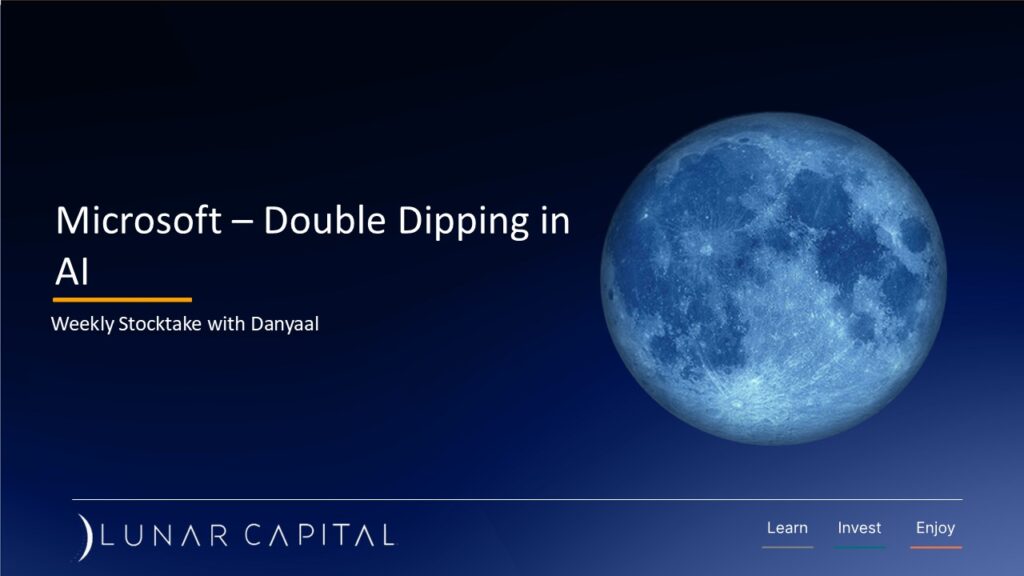
How is AI shaping Microsoft?
Alphabet: Is the Search Over?
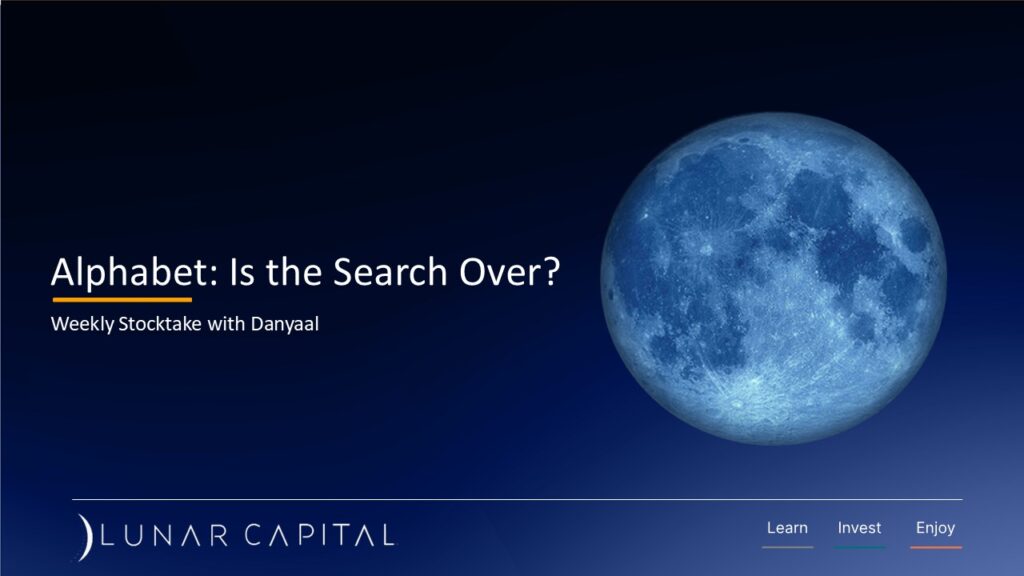
Can Alphabet compete in the world of generative AI?
Web of Silicon
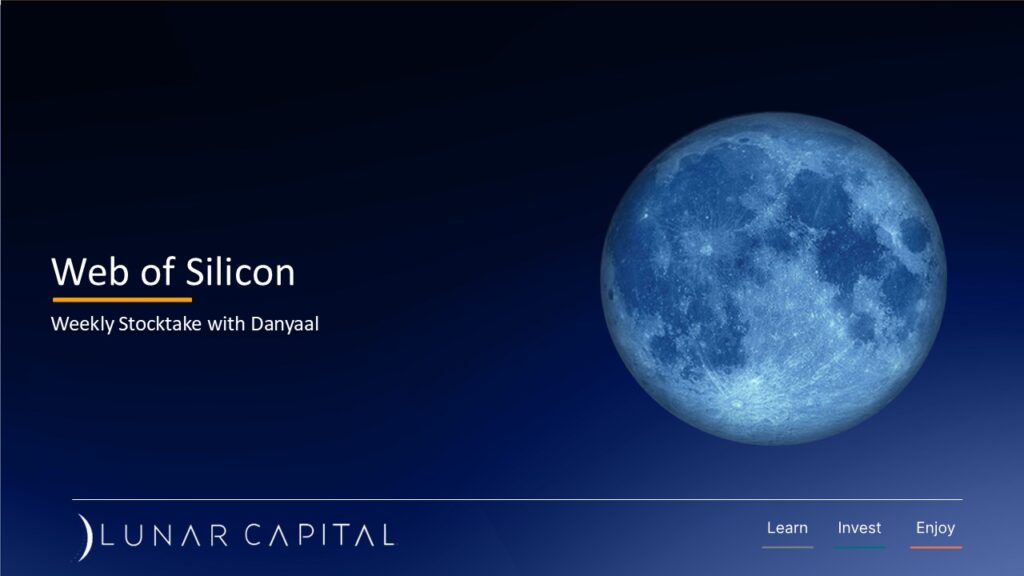
How is an increasing demand for high performance computing affecting key players in the semiconductor industry?
Going Nuclear
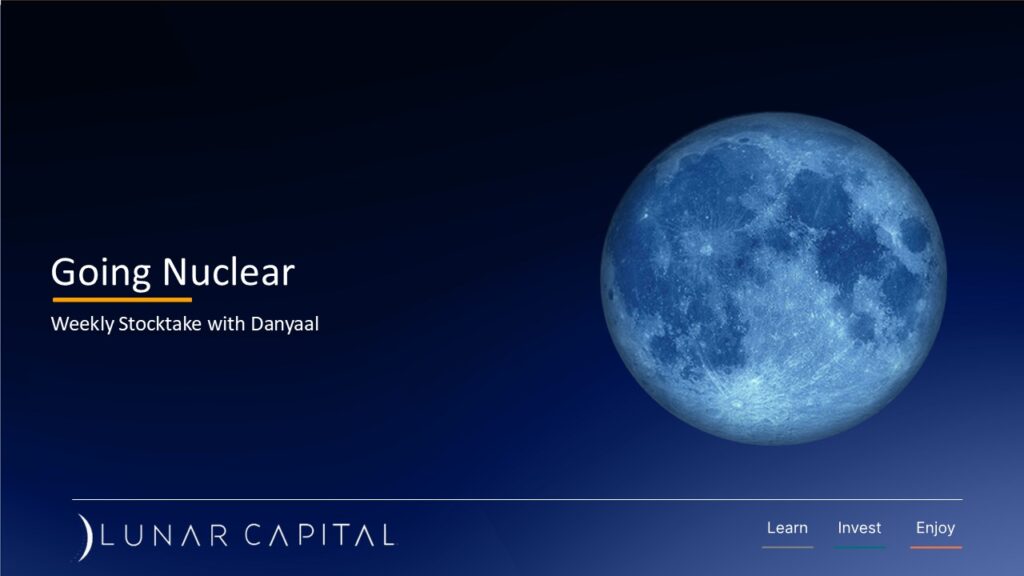
Rising demand for clean and stable energy—can nuclear deliver?
Tesla – Better unMusked
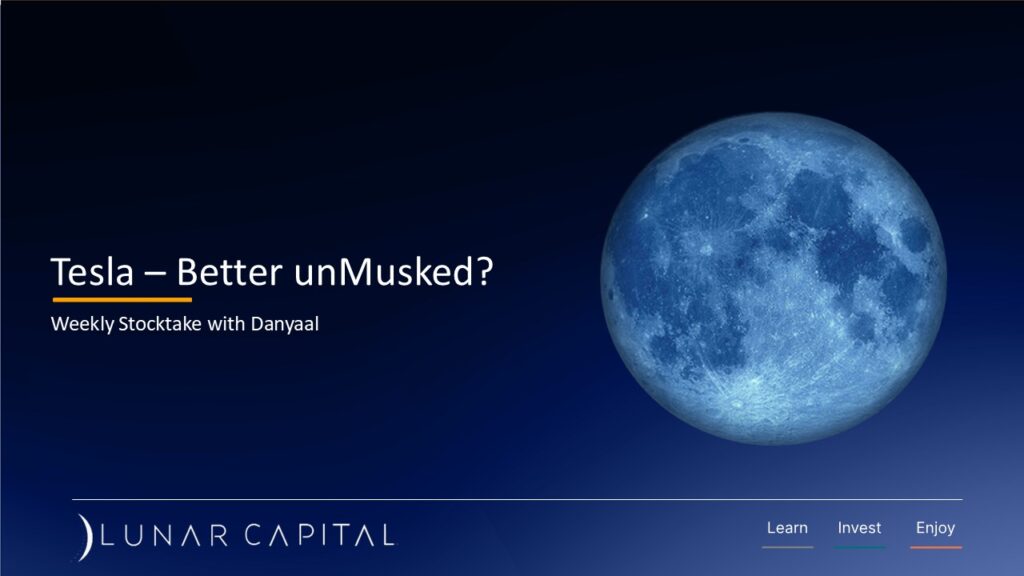
Is Tesla’s next big bet worthy of its current valuation?
Nike – Lifestyle or Performance
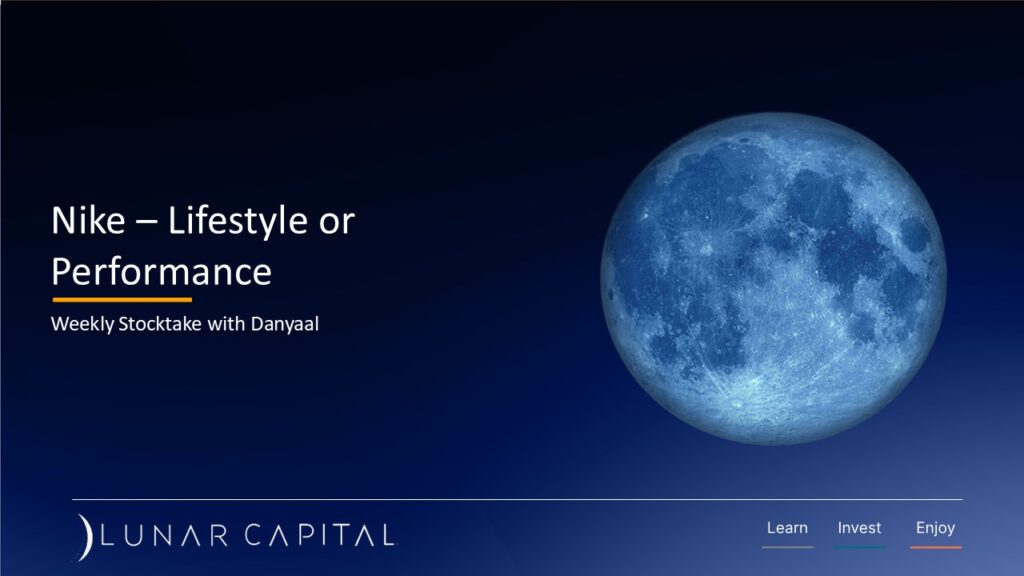
Can Nike execute on its new strategy?
A Naspers Story
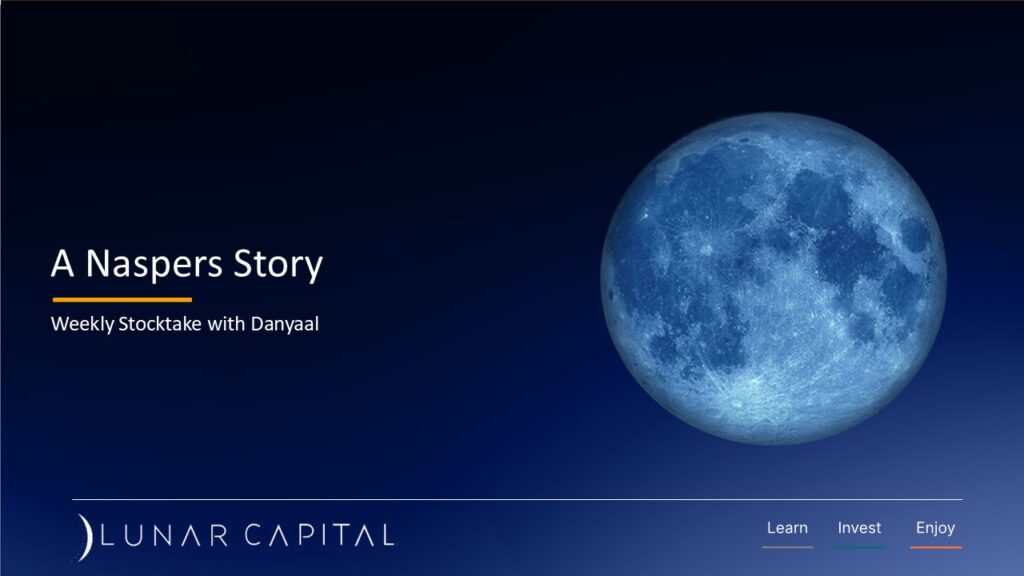
Selling its winner to fund new ventures. Can Naspers get it right?
Inditex – Cut above the Rest
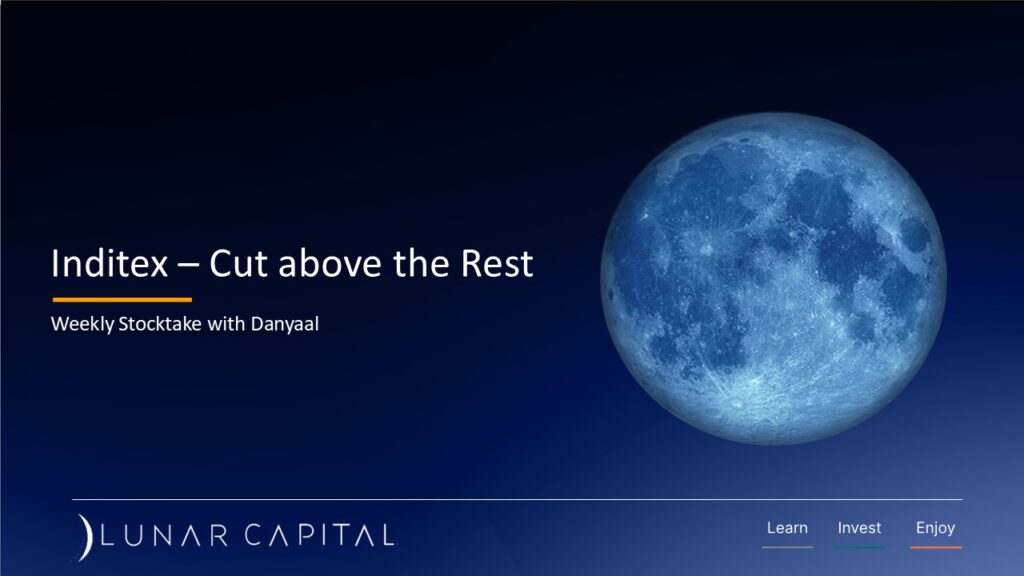
How is Inditex positioning itself for uncertain times.
CrowdStrike – AI vs AI
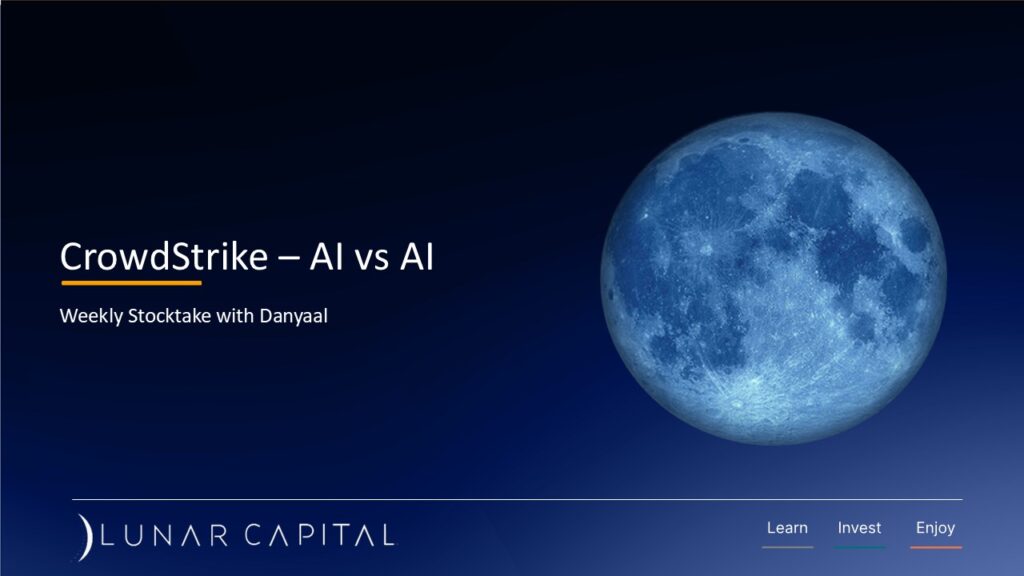
What gives CrowdStrike an advantage in a more AI integrated world?
Nvidia – Powering Sovereign AI Ambitions
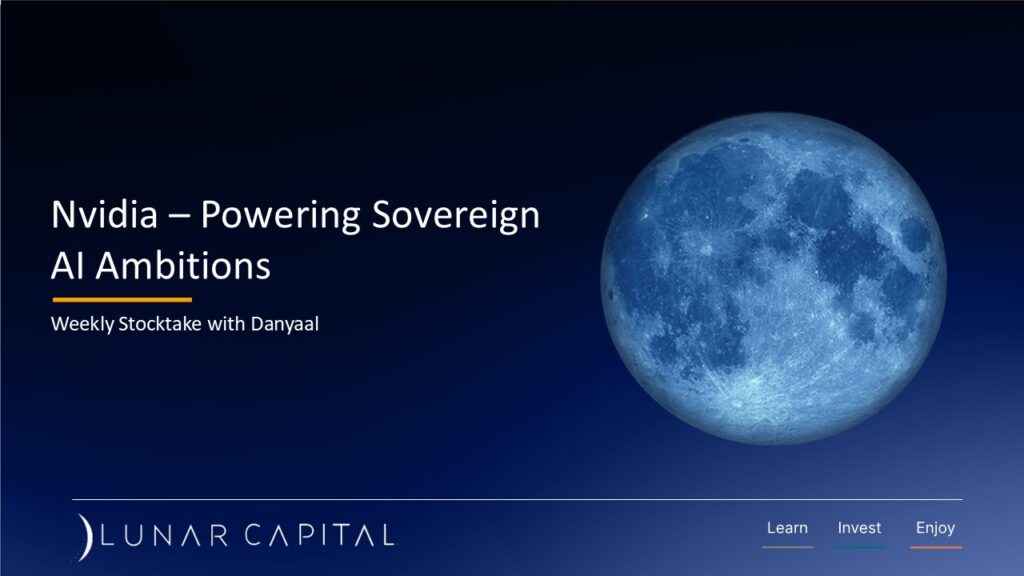
How do Sovereign AI Ambitions fit into Nvidia’s growth plan.
